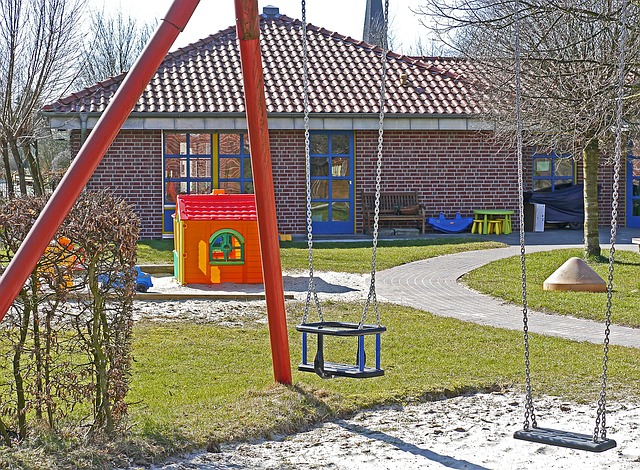
Selling a day nursery is a significant decision—one that requires careful planning, accurate valuation, and professional presentation. Whether you’re retiring, relocating, or moving on to a new venture, it’s essential to position your business in the best possible light to secure the right buyer at the right price.
At Property Buyers, we specialise in helping owners sell their businesses and properties quickly, confidentially, and professionally. With years of experience in the UK market, we understand what buyers are looking for—and how to present your business to attract the right offer.
Preparation is Key
To achieve a successful sale, gather all relevant information about your day nursery well in advance. Buyers will expect clear, well-documented financials, operational details, and property information to assess your business’s value and viability.
It’s not uncommon for nursery owners to overestimate the value of their business. Years of dedication, effort, and emotional investment can make it difficult to view the nursery objectively. However, the market dictates the value—offers will reflect current conditions and bank-led valuations, not sentiment.
The Pitfall of Overvaluation
A frequent mistake among sellers is placing too high a value on the business. Unfortunately, the nursery may sit unsold for months if the asking price doesn’t reflect market value. This often leads to frustration, blame placed on the sales agent, and eventually listing the business with another broker—yet the result remains unchanged. No matter who lists it, an overvalued nursery will struggle to sell.
Most buyers rely on bank financing, so your sale price must match a realistic bank valuation. It is crucial to get this right at the outset.
What Buyers Are Looking For
Nurseries with over 60 registered child places tend to attract more interest. These settings are typically more operationally efficient, deliver more substantial profits, and often occupy purpose-built premises—factors that justify a premium sale price.
On the other hand, smaller nurseries (those under 35 places), especially those heavily reliant on owner management, often generate lower profits. If your nursery falls into this category, careful consideration should be given to its value and position.
Key Valuation Factors
When valuing a day nursery business, there are three core components to consider:
1. Goodwill
- Qualitative Factors: This includes demographics, location, local reputation, and future growth potential.
- Quantitative Factors: Financial accounts, occupancy rates, staff turnover, and fee structures.
2. Property
- Freehold or Leasehold: Freehold properties generally attract more favourable lending terms—typically around 75% of the value. Leasehold businesses, while viable, carry more risk and usually require a longer lease (ideally 25 years) to support bank financing.
- Condition, size, and scope for development also significantly influence valuation.
3. Fixtures and Fittings
A complete inventory of assets in the sale should be prepared and factored into the valuation.
Understanding EBIT and Multiples
The primary financial metric buyers consider is EBIT (Earnings Before Interest and Tax). This represents the business’s operating profit and excludes non-operational costs such as interest payments and tax liabilities.
A multiple is applied to the EBIT figure to determine a valuation. These multiples vary depending on market conditions and whether the property is freehold or leasehold:
- Leasehold Nursery: 1.25 to 2.5 times EBIT
- Freehold Nursery: 4.5 to 6.25 times EBIT
These figures are not fixed, and qualitative elements also play a role. Buyers will often visit the nursery, speak with staff and parents, and evaluate the “feel” of the business to assess its true potential. Sellers should be equally prepared to present their nursery in the best light and be transparent about their reasons for selling.
Thinking of Selling?
If you want to sell your day nursery, we can help you value, market, and sell your business professionally and carefully. Whether you’re based in Manchester or elsewhere in the UK, our team brings deep industry knowledge and a clear understanding of what buyers and lenders expect. We’ll support you throughout the process to ensure a smooth and successful sale. To take the first step, simply contact us for a confidential discussion.
